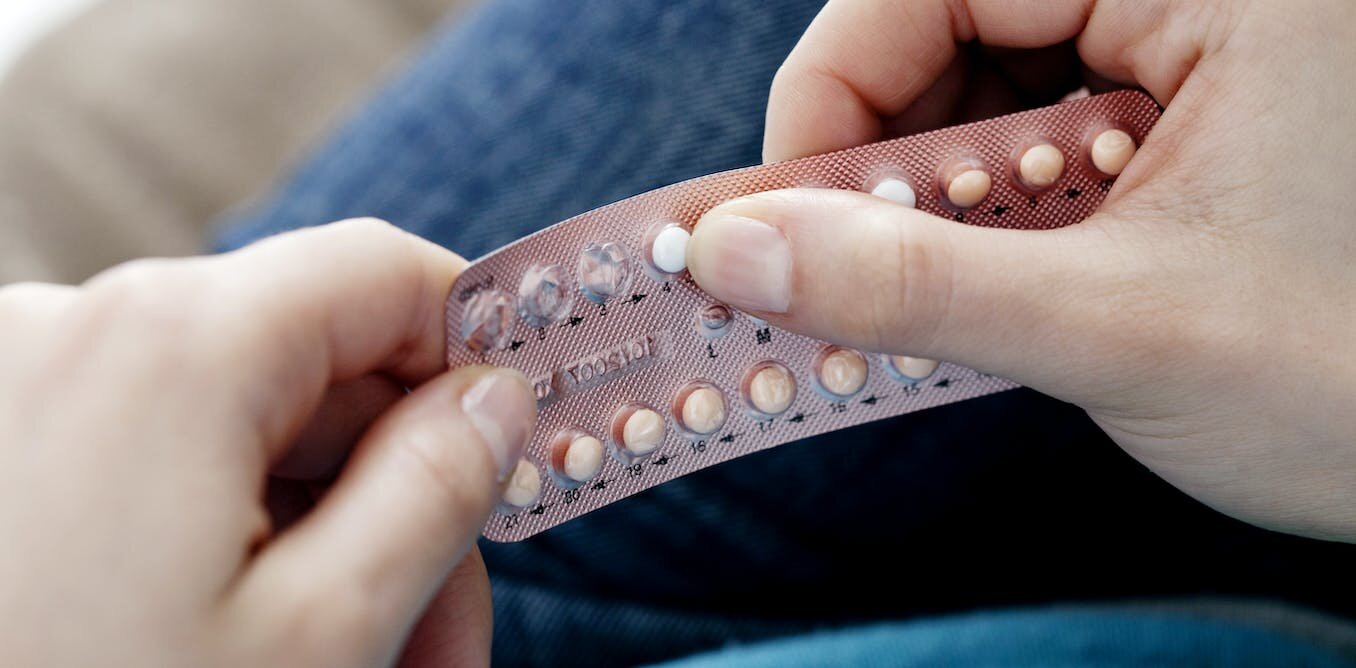Study proposes significant reduction of estrogen in birth control pills

Estrogen causes hormonal birth controls’ most serious and rare side effects, such as stroke and heart attack. The hormone is also at the root of some of the contraceptives’ less serious but still annoying symptoms, including nausea and headaches.
Designing birth control that has a lower dose of estrogen but is still effective is an area of active research (SN: 8/22/17). Now, using a mathematical model, researchers have found that cutting the dose of estrogen in common contraceptives by 92 percent might still prevent pregnancy.
And a tiny dose of progesterone, another contraceptive hormone, or even teenier doses of the two hormones combined, may be enough to squelch ovulation — if the drugs are delivered during a critical window of the menstrual cycle, the researchers report April 13 in PLOS Computational Biology.
Many highly effective contraceptive options contain enough estrogen that they are inaccessible to some people, such as those with a family history of breast cancer or high blood pressure. Verifying in clinical trials that such lower doses of the hormone do, in fact, prevent ovulation could increase access to estrogen-based contraceptives for people at risk of serious side effects.
Building on an existing mathematical model of the menstrual cycle, Brenda Lyn Gavina and Aurelio de los Reyes, both computational biologists at the University of the Philippines Diliman in Quezon City, added real-world data from 23 women ages 20 to 34. The model captured the complex tango among hormone levels in the blood coming from three main sources: the pituitary glands, ovaries and hormonal birth control.
The researchers modeled how consistent doses of either progesterone or estrogen — at about the levels currently found in common birth control options — prevented ovulation throughout a menstrual cycle. Then, the team applied a mathematical strategy called optimal control theory to determine the lowest amount of estrogen or progesterone able to halt ovulation.
Delivering just 8 percent of the estrogen about 11 days after the start of the menstrual cycle — right before an egg is released — prevented the ovary from releasing an egg. Giving an even lower dose of estrogen and progesterone at that phase also prevented ovulation, the team found. The dose could be delivered either as a shot or an implant, the researchers speculate.
“We did not only lower the dosage, but we also identified when to administer the contraceptive,” de los Reyes says.
Such a low estrogen dose probably would alleviate some adverse symptoms, but the new research probably won’t be used to make better contraceptives anytime soon, says Alison Edelman, a gynecologist at Oregon Health & Science University in Portland who studies hormonal birth control.
Get great science journalism, from the most trusted source, delivered to your doorstep.
The model assumes that the estrogen coming from birth control stays at a consistent value and doesn’t incorporate how the body absorbs the hormone over time, which is likely to fluctuate and might affect how well the drug works.
“I want to assure people that [low-dose estrogen in birth control] is already being looked at,” Edelman says. And she emphasizes that the hormone-based birth control methods that “we have are already safe and effective” for the people cleared to use them.
Gavina and de los Reyes say they hope to collaborate with clinicians like Edelman to make their model more useful for researchers working on creating lower-dose birth control options.




